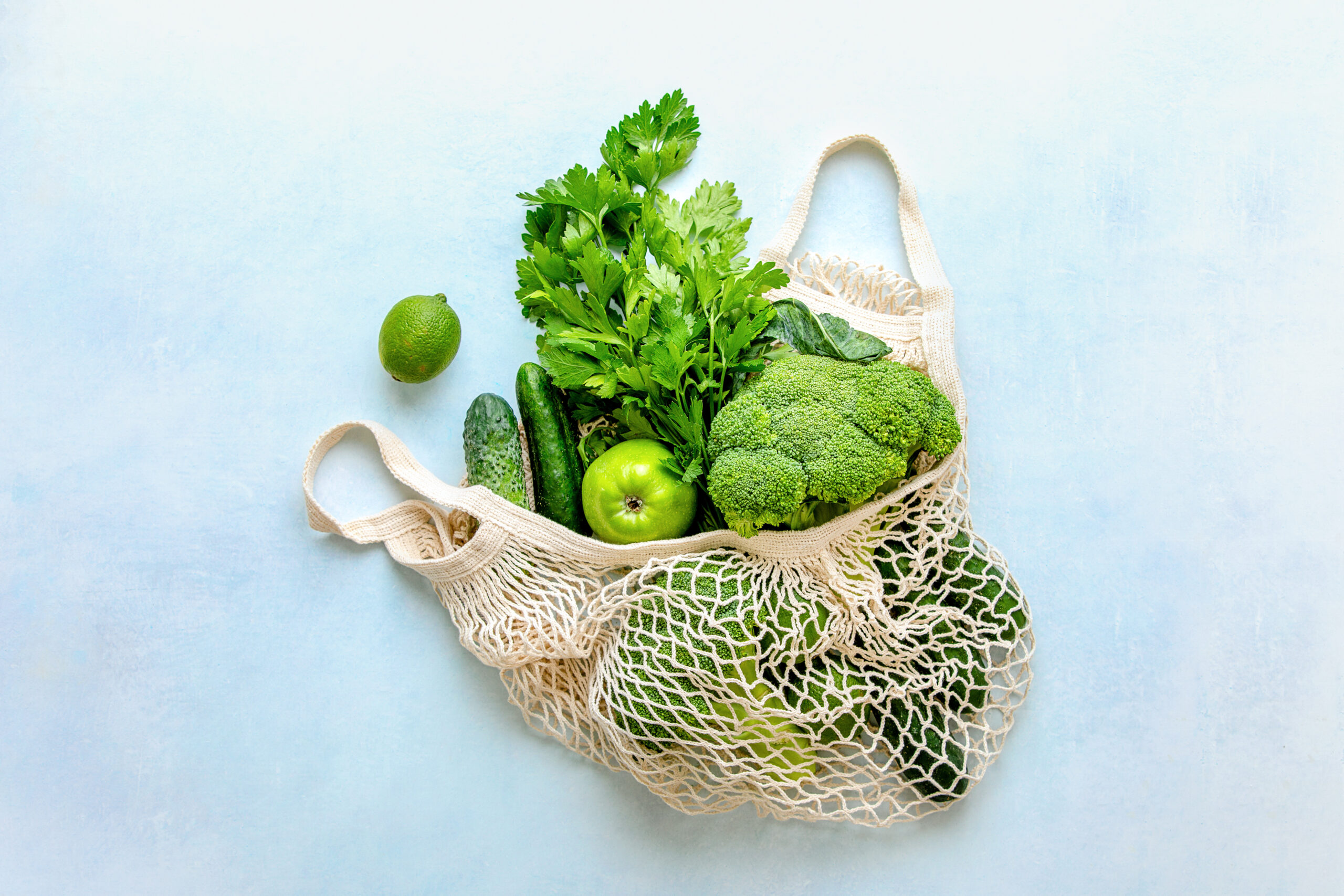Is Organic Produce Actually Essential to Your Nutrition?
Food shopping can feel overwhelming as post-pandemic prices have left many dancers struggling to budget for nourishing options. Organic foods are known to be more expensive than their nonorganic counterparts. But is organic essential?
Take heart, veggie lovers: Eating fruits and vegetables gives you a nutrient boost that helps to support health and performance. When compared to conventionally grown foods, current evidence does not support substantial nutrition-related health benefits from eating those labeled organic. This can feel reassuring, especially with steep prices exacerbating the issue. Since conventionally grown foods and those labeled “organic” are both nourishing, dancers can feel confident with either choice.
Is Conventional Produce Unsafe?
Common speculation surrounding the use of various additives in conventional farming practices—particularly pesticides, herbicides and preservatives—often leaves dancers questioning their produce choices. But thanks to regulatory agencies that oversee and enforce limits on these practices, the tiny amounts found in our food supply are considered safe.
Contrary to common belief, organic food production still requires the use of pesticides, with organic farming mostly using pesticides derived from naturally occurring substances and conventional farming using synthetic pesticides. For dancers looking to support their environment, there are many additional ways to partake in sustainable practices. Shopping with reusable bags, composting, recycling and purchasing from local farms are examples. Even flexible meal planning, a practice that can be considered with the help of a registered dietitian nutritionist, can reduce food waste.
Food labels can be confusing—especially when relying on standards set forth from diet and wellness culture. Words like “toxic” and, on the contrary, “clean” are used to lump products into categories as “good” or “bad.” This polarizing lens is stressful, particularly when those foods believed to be acceptable are inaccessible.
Your decision to purchase organic food—or not—is a personal one that shouldn’t be served alongside feelings of guilt, stress, shame or anxiety. Realize that the benefits of including more fruits and veggies into your day, whether conventionally grown or organic, outweigh any supposed risks.
Easy Adds
To get more produce into your day, consider these five dietitian-approved and effortless strategies:
- Choose frozen produce, which can be purchased in bulk without the worry of spoilage.
- Toss a handful of frozen spinach in a smoothie or some berries in your morning cereal.
- Buy in season. Fruits and veggies that are purchased at the peak of their season will be less costly.
- Stock canned options, like corn, peas and carrots, for use in soups.
- Add shredded veggies with neutral flavors, like zucchini and carrots, into baked goods like breads and muffins.





